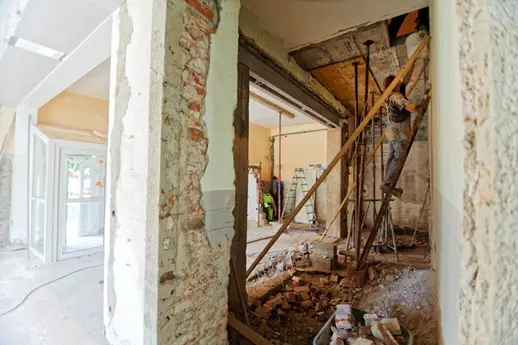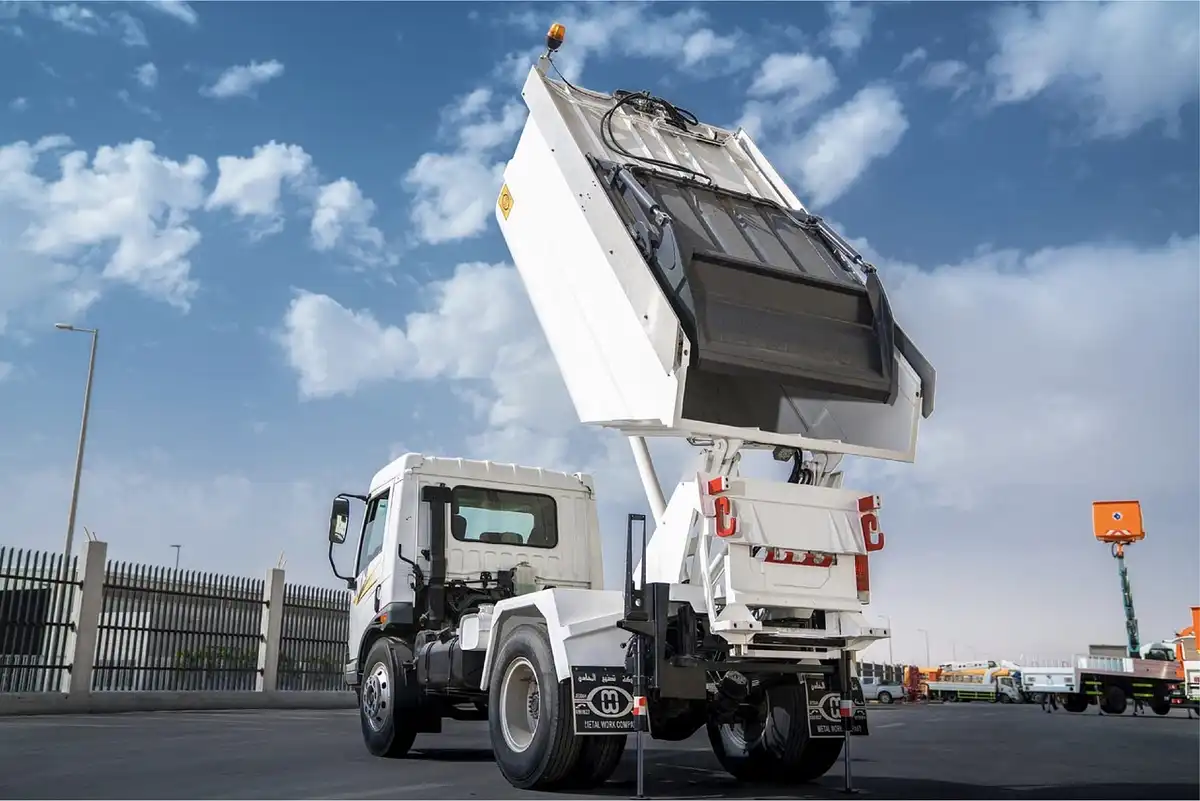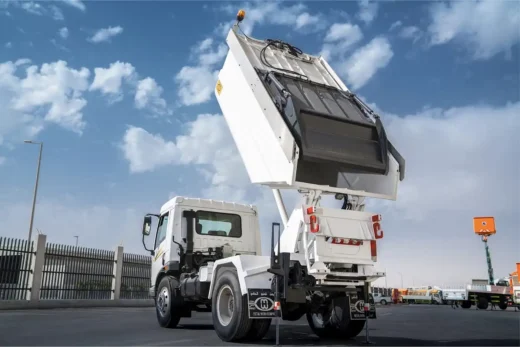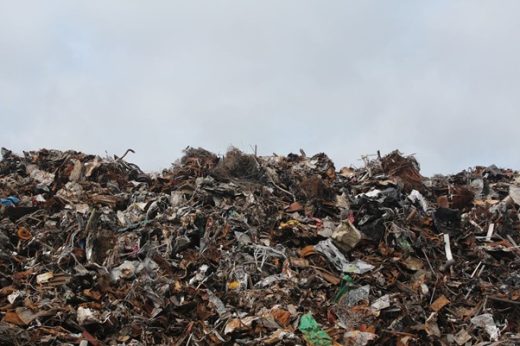Waste optimization strategy, Property work junk removal, Rubbish moving services sustainable growth
Waste Optimization: A Key Strategy for Sustainable Growth
7 March 2025
Waste management has become one of the most pressing challenges of our time. As the global population continues to grow, the amount of waste generated is also on the rise. This has led to increased pressure on landfills and waste disposal systems. However, a solution is within reach: waste optimization. By improving how we handle and reduce waste, businesses, governments, and individuals can not only make a significant environmental impact but also unlock valuable economic opportunities.
What is Waste Optimization?
Waste optimization refers to the process of reducing, reusing, and recycling waste materials in order to minimize the overall waste generated. It involves rethinking traditional waste disposal methods and finding innovative ways to handle waste that promote environmental sustainability. The concept of waste optimization goes beyond just recycling; it focuses on preventing waste generation at its source, making it a proactive approach to managing resources.
Benefits of Waste Optimization
There are numerous advantages to adopting waste optimization practices, especially for businesses looking to improve both their environmental footprint and their bottom line. Some of the most notable benefits include:
Cost Reduction: Effective waste optimization can help companies reduce waste disposal fees, improve resource efficiency, and minimize the need for raw materials. Over time, these savings can have a significant impact on a company’s overall financial health.
Environmental Impact: By reducing the amount of waste sent to landfills, businesses can help conserve natural resources and reduce pollution. The shift towards more sustainable practices ensures that fewer greenhouse gases are released into the atmosphere, contributing to the fight against climate change.
Brand Reputation: In today’s eco-conscious world, consumers and investors are more likely to support companies that take an active role in environmental sustainability. Waste optimization strategies can therefore enhance a company’s brand reputation and help attract environmentally aware customers.
Regulatory Compliance: Many countries are introducing stricter regulations regarding waste management. By adopting waste optimization strategies early, businesses can ensure they are in compliance with local laws, avoiding fines and penalties while also contributing to the community’s sustainable development goals.
Key Waste Optimization Techniques
To effectively implement waste optimization, several techniques can be employed across various industries:
Source Reduction: This involves altering the manufacturing process to reduce waste generation in the first place. For example, companies can redesign products to require less packaging or use materials that are easier to recycle.
Recycling and Reusing: Where waste is unavoidable, recycling and reusing materials helps to close the loop. This might involve converting waste materials into new products or repurposing items for alternative uses.
Composting: For organic waste, composting can be an effective way to reduce the volume of waste sent to landfills. Composting turns food scraps and yard waste into nutrient-rich soil that can be used for agricultural purposes.
Waste-to-Energy: This involves converting non-recyclable waste materials into energy through processes like incineration or biogas production. This can help reduce reliance on fossil fuels while simultaneously managing waste.
The Future of Waste Optimization
The importance of waste optimization will continue to grow in the coming years, driven by the increasing demand for sustainable practices and a circular economy. As technology evolves, new methods of waste management and optimization will emerge, further enabling businesses to achieve their environmental and economic goals.
In conclusion, waste optimization is not just an environmental necessity but also a smart business strategy. By embracing sustainable practices and finding innovative ways to manage waste, companies and individuals can contribute to a cleaner planet while also reaping financial benefits. The future of waste management lies in optimization, and those who act now will be best positioned to lead in a more sustainable world.
Comments on this guide to Waste optimization strategy, property rubbish removal article are welcome.
Waste / Rubbish
Rubbish Removal
Handy tips for rubbish removal in DIY projects

Rubbish Removal Tips Before and After Renovation
Get Rid of all Extra Junk in Your House
Building Articles
Residential Architecture
Comments / photos for the Waste optimization strategy, property rubbish removal advice guide page welcome.








